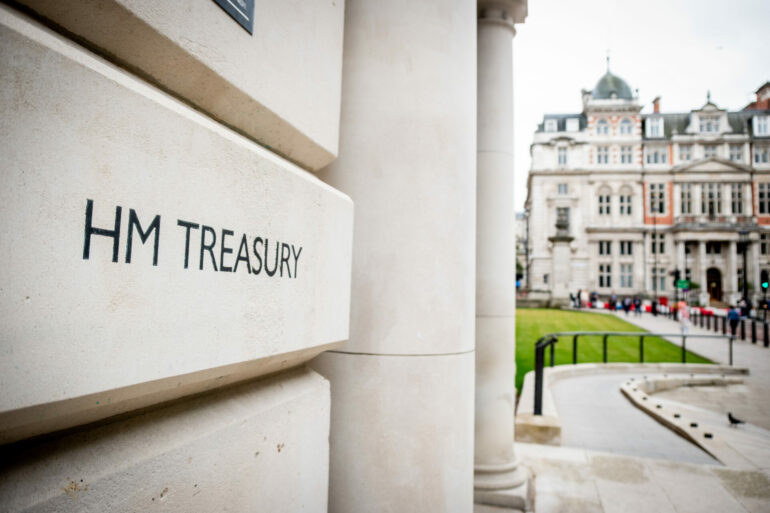The Government’s Mortgage Guarantee Scheme recorded 50,038 mortgage completions from its launch in April 2021 to the end of September 2024.
According to data released by HM Treasury, 86% of the mortgage completions were for first-time buyers, with a total mortgage value of £9.9bn.
The scheme has seen higher uptake in the North West, South East, and Scotland compared to London and Northern Ireland.
The mean property value under the scheme was £208,499, lower than the national average house price of £292,000.
Holly Tomlinson, a financial planner at Quilter, said: “The latest mortgage guarantee scheme statistics highlight the challenges that continue to face first-time buyers, as well as the risk that government schemes to support them could fall short of addressing the causes of the current housing crisis.
“Since its launch in April 2021, the mortgage guarantee scheme has supported 50,038 mortgages, 86% of which were purchases by first-time buyers.”
Mortgage completions under the scheme increased slightly with 4,263 completions from July to September 2024, compared to 1,613 in Q1 2024.
Tomlinson believed this uptick might be due to people completing purchases before upcoming stamp duty changes.
Tomlinson said: “The average property value under the scheme was £208,499, significantly below the national average.
“This raises questions about the scheme’s ability to cater to those in more expensive parts of the country.”
Tomlinson added: “One of Labour’s manifesto pledges was to launch a ‘Freedom to Buy’ scheme, which would effectively make the current mortgage guarantee scheme a permanent fixture.
“Progress on this launch has since gone quiet, and one reason for this may be the concerns that the initiative risks doubling down on policies that fail to meaningfully address affordability issues or the structural flaws in the housing market.”
She said: “What’s more, the reliance on 95% loan-to-value mortgages leaves buyers with minimal equity, increasing the risk of negative equity should house prices fall.
“Schemes such as this are more of a sticking plaster than a solution, helping only a fraction of buyers and doing nothing to address broader affordability strains.”
She added: “The government’s decision not to extend the increase to the stamp duty threshold for first time buyers will pile yet more pressure on prospective first time buyers.
“Those who have been scrimping and saving to build an adequate deposit will soon find themselves facing a hefty tax bill of up to £5,000, eroding affordability further and making homeownership even more expensive.”
She said: “For first-time buyers, what’s truly needed is a commitment to addressing housing supply.
“Without sufficient stock, no amount of demand-side intervention will solve the affordability crisis.
“It is vital that the government prioritises policies that tackle the imbalance between supply and demand, such as incentivising housebuilding, streamlining planning processes, and increasing investment in affordable housing.
“These structural changes, coupled with measures to reduce the tax burden on first-time buyers, would go much further in supporting aspiring homeowners than merely tinkering with schemes that perpetuate the status quo.”




